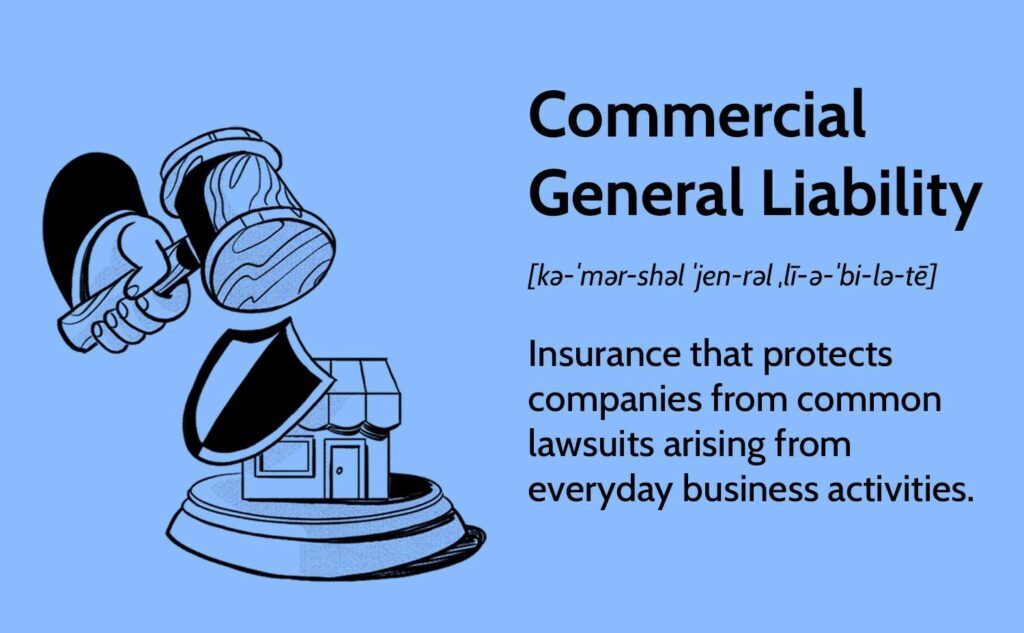Residential and commercial solar installation contractors must prioritize the type of insurance coverage they obtain. Pollution incidents, although less frequent, can lead to significant financial strain when they occur. Understanding the nuances of insurance policies and discussing specific coverage with insurance agents is crucial for safeguarding businesses against potential liabilities.
Understanding Pollution Coverage

Commercial general liability (CGL)
Commercial general liability (CGL) policies typically include some form of pollution exclusion. While insurance agents may attempt to secure pollution coverage through policy endorsements, it’s essential for contractors to thoroughly review these endorsements to ascertain the extent of coverage provided. Often, these endorsements offer limited coverage, leaving contractors vulnerable to various pollution risks.
Key Considerations:
- Pollution Coverage Endorsements:
- Assess whether the policy includes endorsements for specific pollution risks such as mold, legionella, asbestos, or transportation pollution.
- Verification of Coverage:
- Request clarification from insurance representatives regarding the extent of pollution coverage provided under the policy.
Essential Questions for Contractors
During discussions with insurance agents, contractors should pose pertinent questions to ensure comprehensive coverage for potential pollution-related claims.
1. Mold or Legionella Exclusion
- Question: Does my policy have a mold or legionella exclusion?
- Rationale: Mold and legionella can pose serious health risks and may not be covered under standard CGL endorsements. Clarifying this ensures adequate protection against potential claims arising from these pollutants.
2. Coverage for Non-Owned Disposal Sites (NODS)
- Question: What is my coverage for non-owned disposal sites?
- Rationale: Non-owned disposal sites present a significant liability, especially considering evolving environmental regulations. Contractors must ascertain coverage for liabilities related to waste disposal, even at third-party sites.
Proactive Risk Management
Beyond insurance coverage, proactive risk management strategies are essential for mitigating environmental risks associated with solar installation operations.
1. Compliance with Regulations
- Stay updated with evolving regulations, such as the proposed changes to RCRA regarding the disposal of solar panels.
- Consult local or state regulatory authorities for guidance on compliance with environmental laws.
2. Environmental Certification Programs

Certified Environmental Responsible Contractor (CERC)
- Consider participating in certification programs like the Certified Environmental Responsible Contractor (CERC) to demonstrate commitment to environmental best practices.
- CERC certification ensures adherence to specific insurance provisions and provides training resources for pollution prevention.
Testimonial: iVee League Solar
Jenna Neumann, president of iVee League Solar, underscores the value of CERC certification in enhancing business operations and promoting sustainability. By prioritizing employee safety and environmental responsibility, certification programs like CERC empower contractors to excel in their industry.
Conclusion
In conclusion, proactive communication with insurance agents and adherence to rigorous risk management practices are indispensable for solar contractors. By asking the right questions and staying informed about environmental regulations, contractors can effectively mitigate pollution-related risks and safeguard their businesses against potential liabilities.